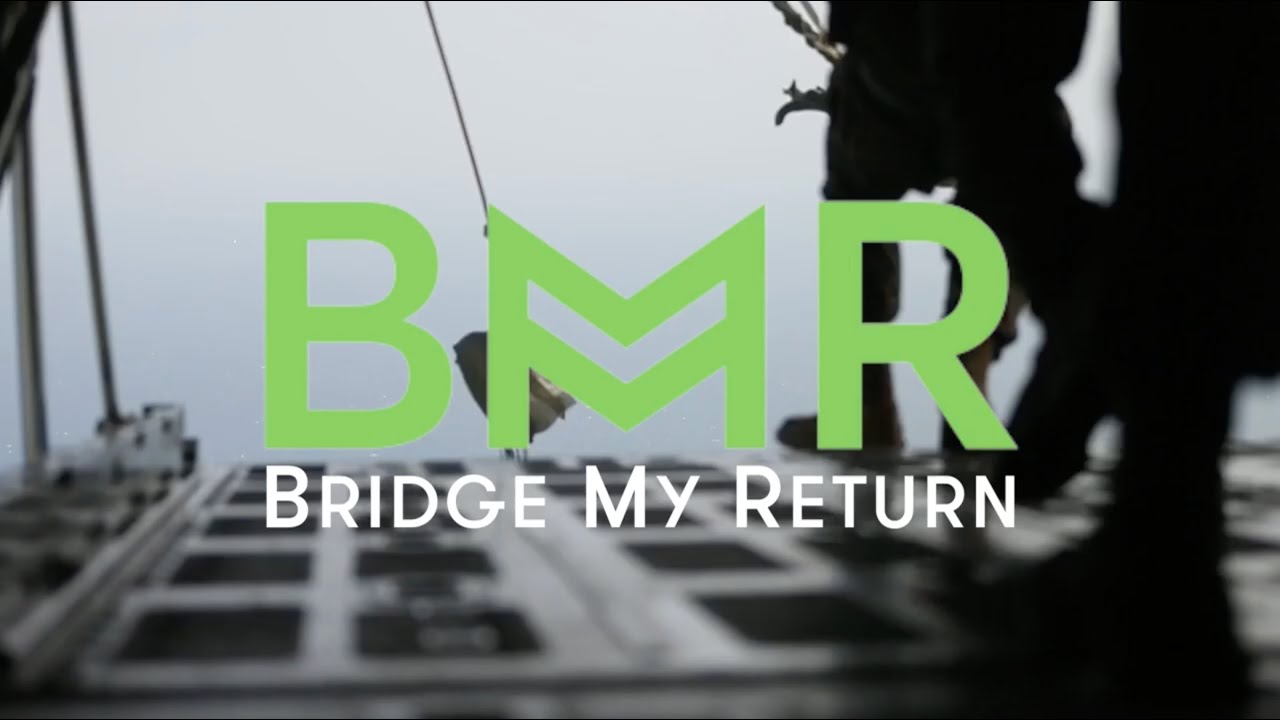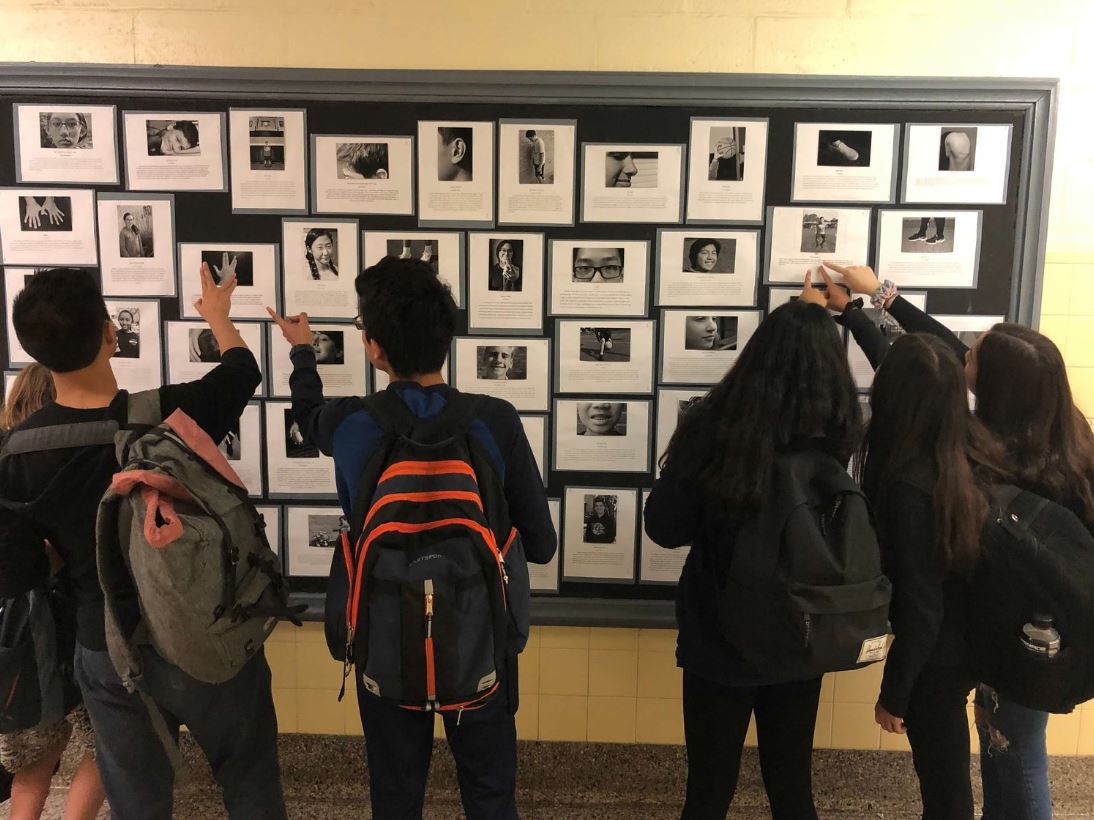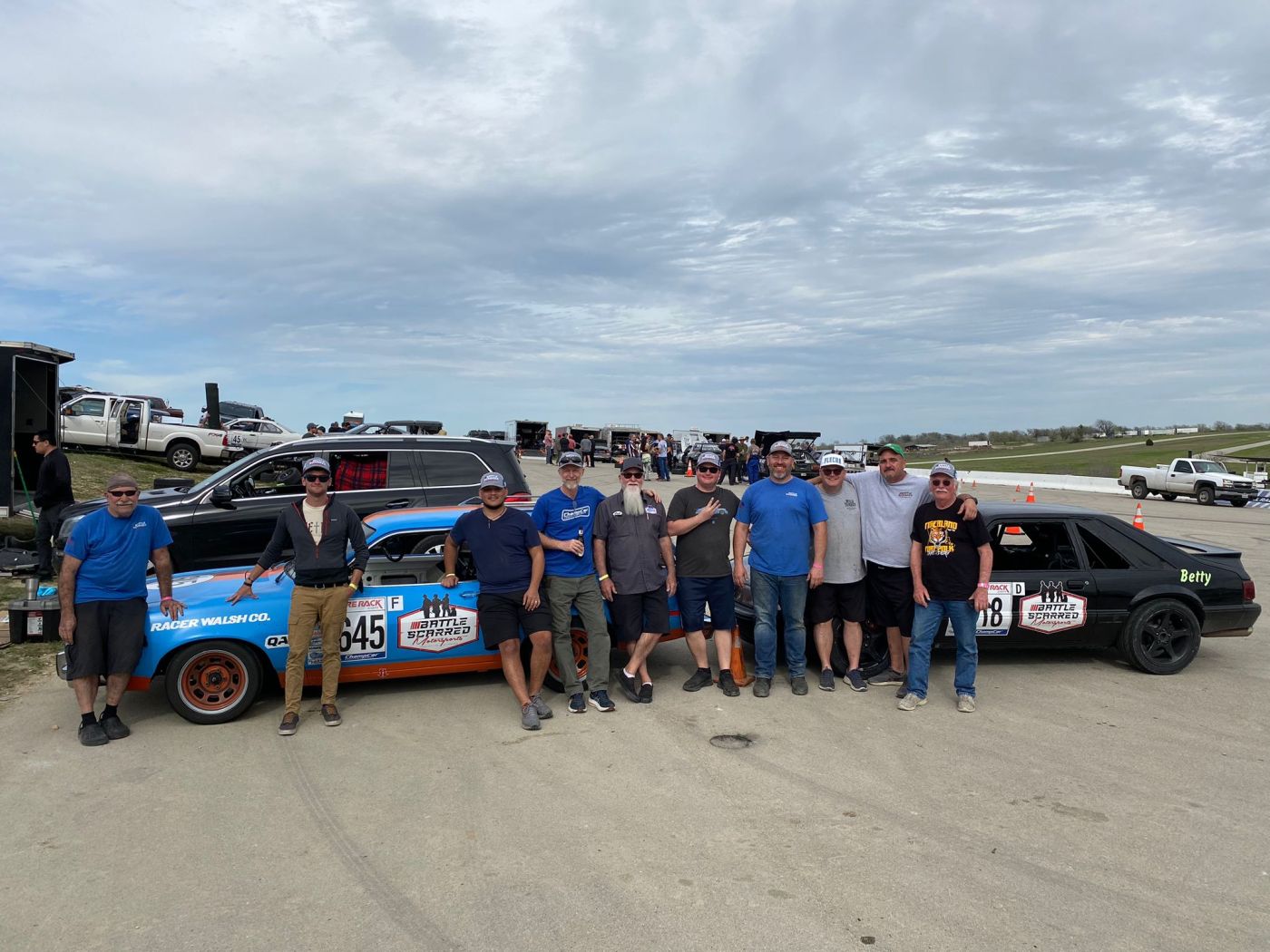Veteran homebuyers and the VA loan program had their biggest year ever in 2020. Turns out an encore might be on the horizon.
Homebuying optimism is running high among Veterans heading into peak homebuying season. Nearly two-thirds of Veterans say 2021 will be a good time to buy, and about a third plan to purchase this year, according to a new national survey of more than 850 Veterans and service members.
The long-term homebuying outlook is just as rosy: A whopping 58% of Veterans said they plan to buy a home in the next five years.
That optimism also extends to personal pocketbooks. The survey found most Veterans expect their own financial situations to improve this year.
To be sure, the pandemic created economic challenges that many Veterans expect to linger. But plenty of signs point to another big year for Veteran homebuying.
COVID-19 impacts
The COVID-19 pandemic caused nearly half of all Veterans to alter their homebuying plans last year. More Veterans (43%) chose to accelerate their home purchase instead of putting it on hold (32%), according to the survey.
Scores of those Veterans turned to their hard-earned home loan benefit.
Riding a wave of rock-bottom mortgage rates, VA backed an all-time record 1.2 million loans in Fiscal Year 2020. Younger Veterans and service members seized on the opportunity, with Millennial and Generation Z Veterans accounting for half of all VA purchase loans in FY20.
Still, most Veterans expect the impacts of COVID-19 to stick around. The survey found that 70% of Veterans felt the pandemic wasn’t a one-time event. More than half of Veterans said COVID-19 will continue to meaningfully affect them.
Veteran homebuying attitudes
Like most consumers, Veterans expect this year to bring rising interest rates and home values. Despite those potential hurdles, an overwhelming number of Veterans (80%) said it’s better to own a home now than rent.
The same percentage said that homeownership represents a good financial investment.
Motivations behind the desire to buy a home ran the gamut, from change of scenery and lifestyle (25%) to wanting to be closer to family (19%) and a desire to build equity for retirement (15%).
Veterans were a 50-50 split on their willingness to relocate outside their current town. Younger Veterans were more likely to move outside their region, while older Veterans were much more likely to stay put.
Most Veterans optimistic about finances
Even with the challenges of COVID-19, most Veterans say they’re on solid financial footing as the economic recovery rolls on.
Nearly 70% of Veterans expect their income to rise this year, and 6-in-10 said their overall financial situation would improve. But Veterans were less optimistic about the overall economy. Just a little over half said they expect the national economy to improve this year.
Also, attitudes and expectations about personal finances varied significantly depending on age. Younger Veterans were much more likely to expect employment uncertainty, decreasing credit scores and increasing levels of debt.
Mortgage misconceptions abound
The survey also identified a disconnect between what Veterans and service members say they know about mortgages and homebuying and what it takes to get a loan.
Across all age ranges, Veterans on average think they’ll need about a 25% down payment to secure a home loan. But most Veterans can purchase with $0 down because of their VA loan benefit. Even conventional mortgages are often accessible with just a 5% down payment.
Just 3% of Veterans said it was possible to purchase a home without a down payment.
Veterans also overestimate the kind of credit score they need for a home loan. Nearly 9-in-10 Veterans said they needed a 670 FICO score or higher [Editor: Minimum credit scores are lender imposed: VA does not require a minimum credit score.]. But government-backed loans and even some conventional mortgages are often obtainable with scores below that benchmark.
These misperceptions can keep some Veterans from exploring a home purchase when it’s actually within reach.
The sharing of any non-VA information does not constitute an endorsement of products and services on part of VA.
Chris Birk is vice president of Mortgage Insight at Veterans United Home Loans and author of “The Book on VA Loans: An Essential Guide to Maximizing Your Home Loan Benefits.”
Topics in this story
More Stories
Bridge My Return launched a software re-build to its hiring platform with an improved AI-driven, skills-matching algorithm and military skills translator.
The Project Flaunt Hub is an online platform of videos, interactive programs and activities. It is designed to empower children, their families and/or caregivers to accept themselves and in doing so, embrace others.
Power of motorsports and road course endurance racing to provide adrenaline therapy and create positive change in the lives of veterans and first responders.







I have tried to get a VA loan,I have tried to get a refi,VA said no.What can I do now?
[Editor: VA is not a lender. If one bank or lender turned you down, try another.]
Can someone please tell me how to bypass veteran United to obtain a VA loan to purchase a VA home, at this time I’m paying 1,425.00 per month leasing a place to live every time I fill out a application for a loan I’m always directed to veterans United which only offering me $58,000.00 which won’t buy a home here in Houston, Tx the homes I’m looking at running between 160 & 175,000 mind you I’m paying 1,425 monthly for a lease plus lights, water, and gas
I would like to get information on the government helping moderate income retired military people afford solar energy for their home, if this is real and not a money making scam